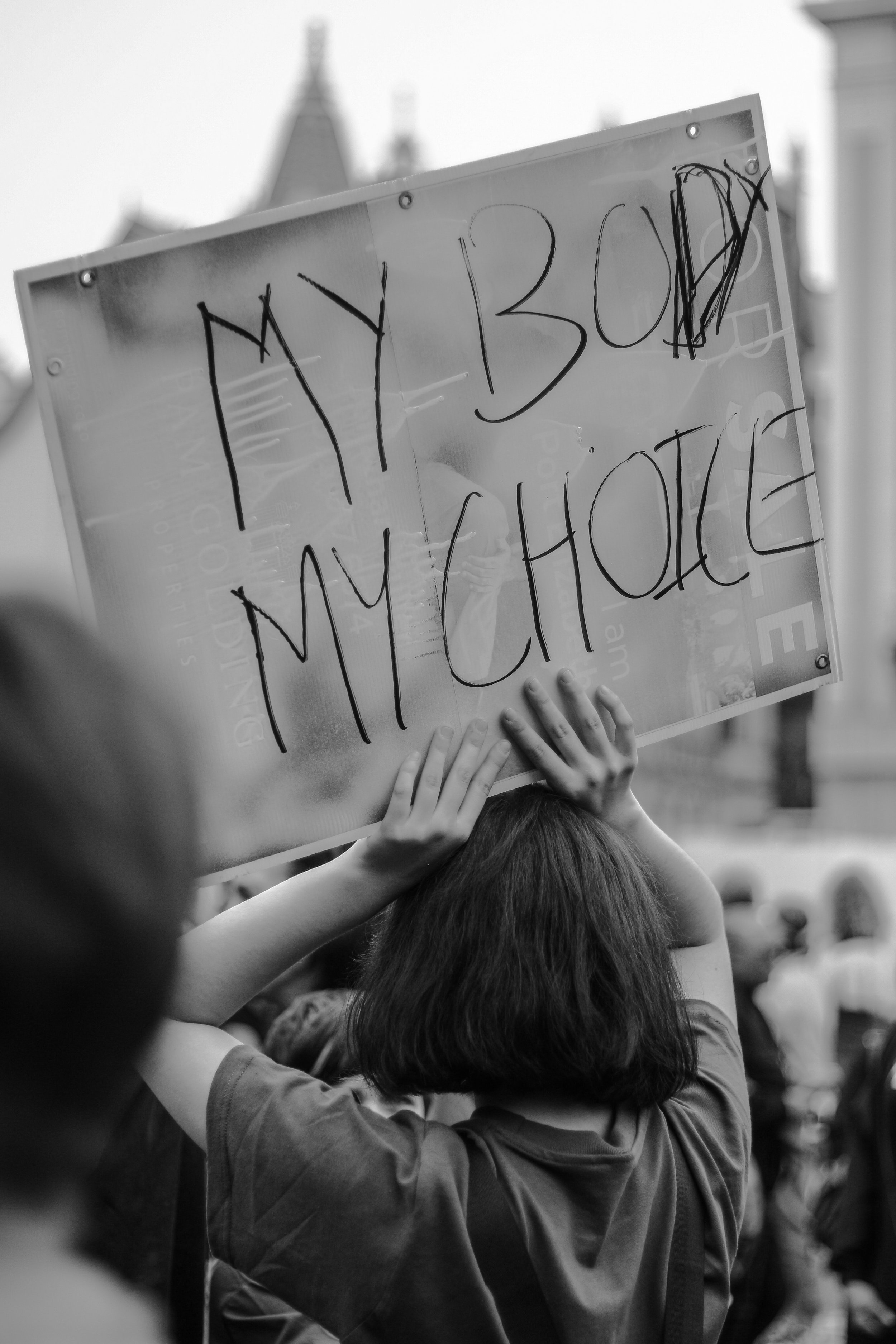Forced Marriage Protection Orders
A protection order
A protection order grants you extra protection against a specific person. A forced marriage protection order can help if you are:
Being forced into a marriage
Are already in a forced marriage
Orders are designed to protect you based on your individual circumstances. Protections may include prohibiting someone from communicating with you or stopping someone from taking you out of the UK.
You can apply for a forced marriage protection order for yourself or on behalf of somebody else, but for the latter you will need permission from the court.
Useful words to know:
You - in this article “you” refers to the person applying for, or being protected by, a protection order
Respondent - the person who an order is taken “against”, i.e. who is served the order and who must legally obey to its conditions. This could be an ex-partner, family member, or anybody who has been violent or abusive towards you and/or has threatened violence or abuse.
How does it work?
To apply for a protection order, you need to fill in a form that explains why you need protection. After this you will be asked to attend a court hearing which will happen in private. Special arrangements can be made if you are scared about going to court or about seeing the respondent - more guidance on this can be found here. To be granted an order, a judge will need to agree that you need one.
A protection order may be granted for a number of reasons. For example, in the case of forced marriage protective orders, this could be because somebody has stated that they intend to take you abroad to be forcibly married, or because somebody is trying to force you to marry whilst under the age of 18.
You can get an emergency order to protect you immediately without the person you’re making the order against being involved in getting the order. An application for a protection order can be made at the same time as a police investigation or other criminal proceedings.
If you need help with your application, contact Citizens Advice or info@thevavengers.co.uk. You can also ask a solicitor to and you might be able to get legal aid to help you through the process.
How does an order help?
It may sound confusing because some of the things that an order protects against are already illegal - such as harassment or threats.
You can think of an order like an added layer of security. In identifying somebody by law as a specific threat to you, they are under harsher scrutiny and should be deterred from causing you further harm.
Breaching a forced marriage order is a criminal offence and is taken very seriously. If an order states that the respondent cannot come to your house, if they do, they will be arrested. If a person is found to be in breach of a forced marriage protection order, they can face up to 5 years in prison.
How is a protection order useful for somebody who is already in a forced marriage?
If you have already been forcibly married, you may still want to get a forced marriage protective order. This might be to protect you from the person you are married to, or somebody else who forced you to marry.
A forced marriage protection order may prohibit them from contacting you or may prevent or ban somebody from living in the family home, and can mean eviction of an abuser, banning somebody from visiting the family home or from coming within a certain distance of it.
Signs to look out for
During the summer holidays, forced marriage reports reach their peak. Here are some indications that somebody may be being forced into a marriage:
Talking about a long holiday and seeming anxious about going
An announcement of engagement to a stranger not previously mentioned
Parents removing a child from education, preventing further education or extra-curricular activities
Talking about a special celebration where they will bring “honour” to the family
Signs that somebody is already in a forced marriage:
Failure to return home from a visit to a country where forced marriage rates are high
Noticeable levels of absenteeism or lateness at school, college or employment
Stopping spending time with friends and won’t answer calls or texts
Surveillance by siblings or other family members
Resources
gov.uk
Disclaimer
This page does not constitute as, nor should it substitute, legal advice. This resource pack intends to simplify information and promote the equalisation of rights-based education. Please note, the information provided on this site applies to England and Wales law and resources are addressed to people who reside in the UK or British citizens. Readers of this page should always refer to GOV.UK when sourcing legal advice for extensive information.


